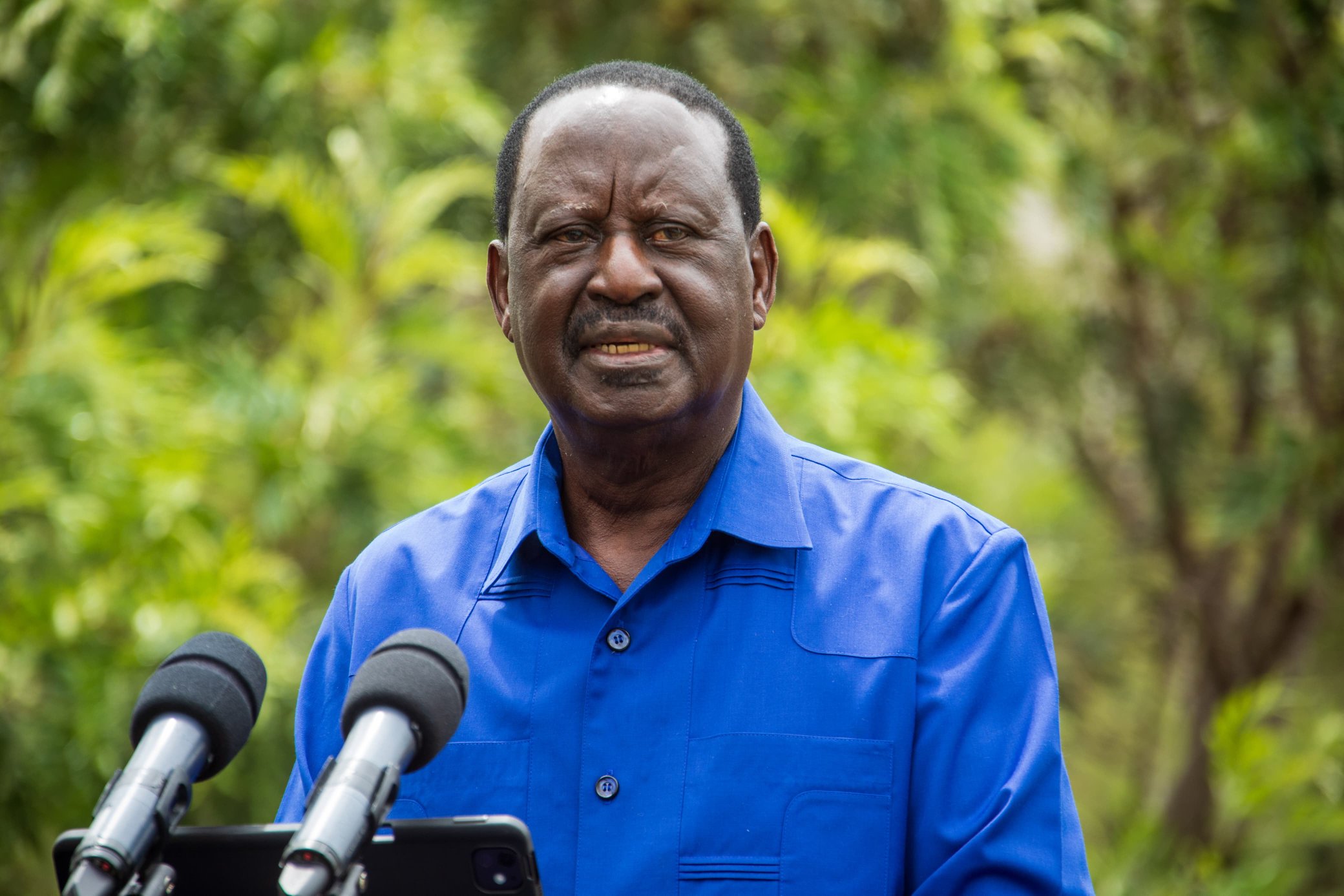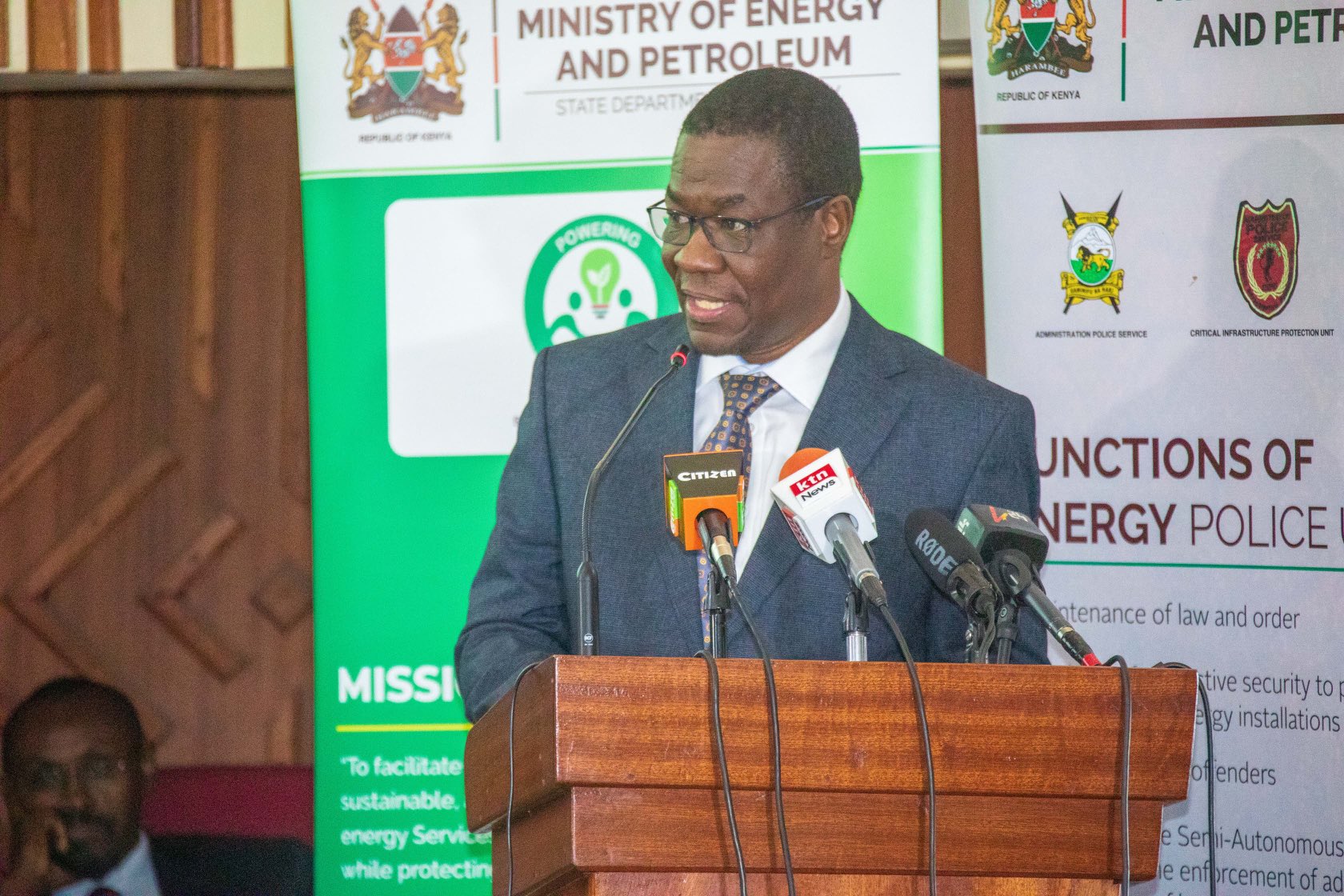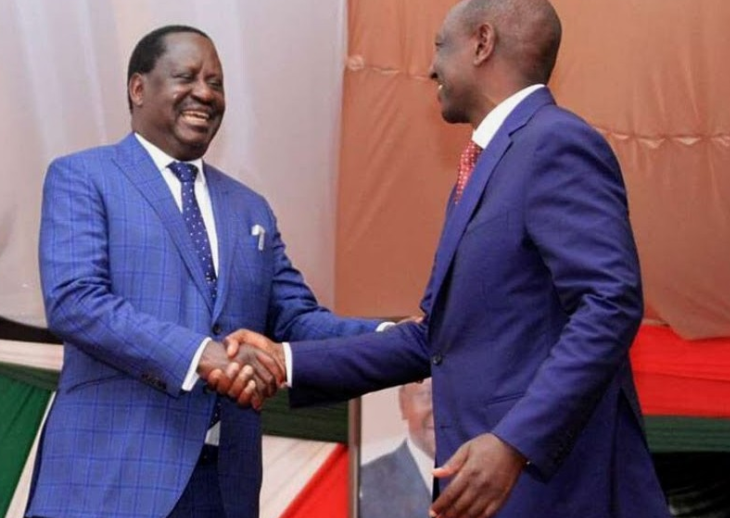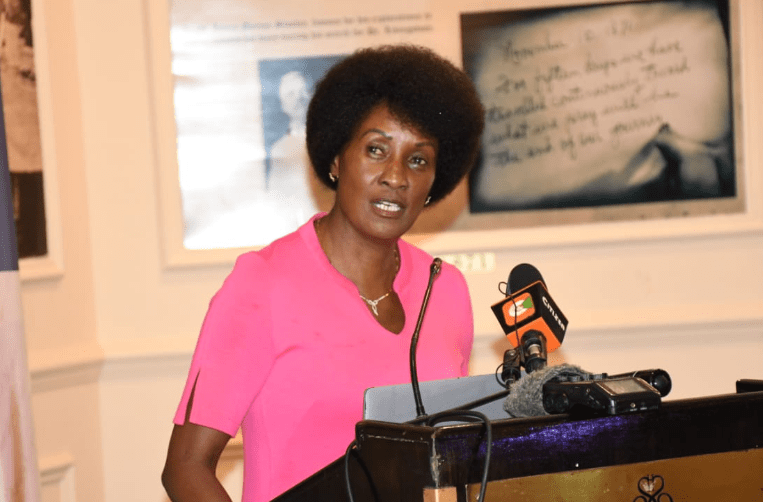Pragmatism on war, unity marked Faki’s AUC tenure
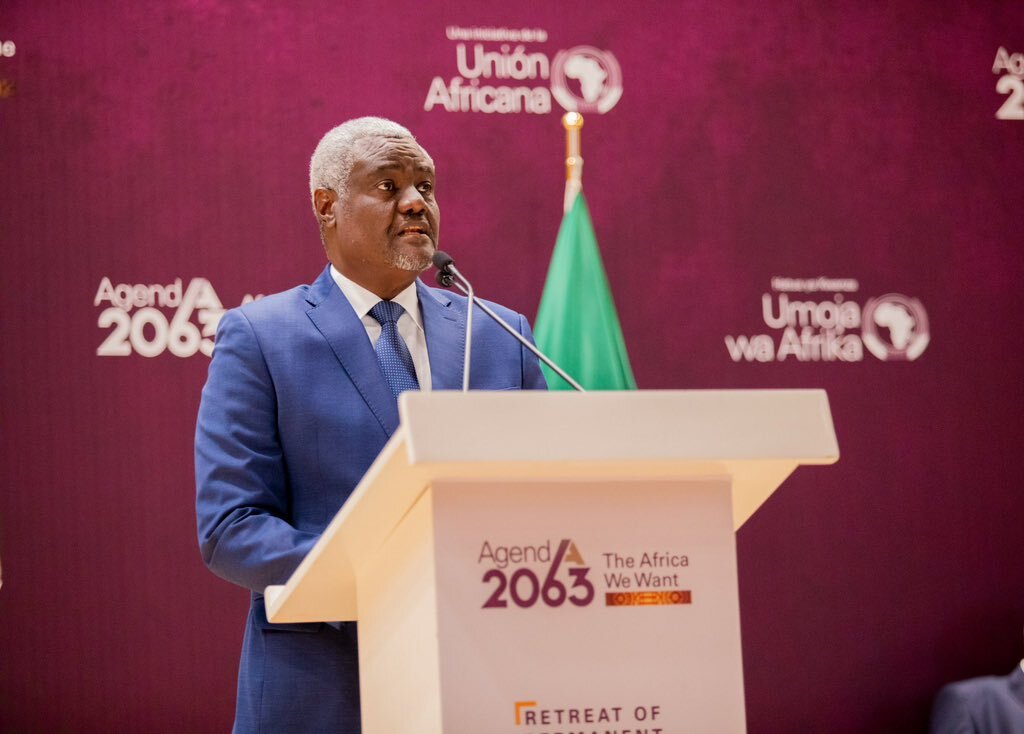
As Moussa Faki Mahamat approaches the end of his tenure as chairperson of the African Union Commission (AUC), his legacy offers much to contemplate about leadership, diplomacy, and the elevation of Africa’s global stature. His time at the helm has not only been instrumental in advancing the African Union’s (AU) agenda but has also shone a spotlight on Chad, his homeland, as a credible player in African geopolitics.
With Raila Odinga’s candidacy gaining much-acclaimed prominence, albeit with some inconsequential naysayers, Faki’s achievements serve as a benchmark, particularly for leaders with transformative visions and significant political capital.
Faki assumed leadership of the AUC as Africa was grappling with serious challenges – conflicts in the Sahel, the refugee crisis, and the imperative to strengthen continental unity amidst rising global nationalism. His tenure has been marked by pragmatic approaches to these crises, with a particular emphasis on fostering cooperation between member states and external stakeholders.
Under Faki’s stewardship, the African Continental Free Trade Area was launched. This is an ambitious initiative promising to reshape intra-African trade and bolster economic independence. His leadership on peace and security also deserves recognition, with the AU making strides in conflict resolution in regions such as Ethiopia and Sudan. While challenges persist, Faki has navigated these issues with tact, ensuring that the AU remains relevant in the global discourse.
For Chad, Faki’s role has been transformative. His leadership has projected an image of Chadian competence and diplomacy, a far cry from the narratives of instability often associated with Sahelian nations. Chad has gained a reputation as a mediator in regional disputes and a contributor to peacekeeping efforts, enhancing its soft power on the continent.
Raila Odinga’s potential bid for an AU role presents an intriguing prospect for African leadership. A titan of Kenyan politics, Odinga has demonstrated resilience, vision, and a commitment to justice that have endeared him to supporters across Africa. His tenure as the AU High Representative for Infrastructure Development provided a glimpse of his continental vision, where he championed cross-border projects aimed at boosting economic integration and connectivity.
From a political corporate image and brand reputation perspective, Odinga’s credentials are formidable. His decades-long fight for democracy and good governance in Kenya position him as a moral authority in African politics. Despite electoral setbacks, his stature has remained intact – a testament to his political acumen and ability to adapt to shifting landscapes and foster working relationships at the political level for the greater good of a greater majority.
Odinga’s age, often cited as a potential drawback, situates strongly as a strength. Granted, his decades of experience navigating Kenya’s tumultuous political waters brings in unparalleled wisdom and a network of relationships with African and global leaders.
Leadership in the AU is as much about diplomacy as it is about dealing with complicated dialectics of global geopolitics. Faki’s tenure illustrates how effective leadership can enhance the brand of an individual and their nation. Similarly, Odinga’s political career has been defined by his ability to inspire loyalty and command respect. For the AU, a leader with Odinga’s stature could serve as a unifying figure, leveraging his reputation to foster solidarity among member states.
Faki’s tenure has demonstrated the potential of strong, visionary leadership at the AU elevated the continental body’s role in global affairs and enhanced Chad’s standing. For Odinga, this legacy offers both a roadmap and an opportunity.
— The writer is a PhD student in Political Communication
